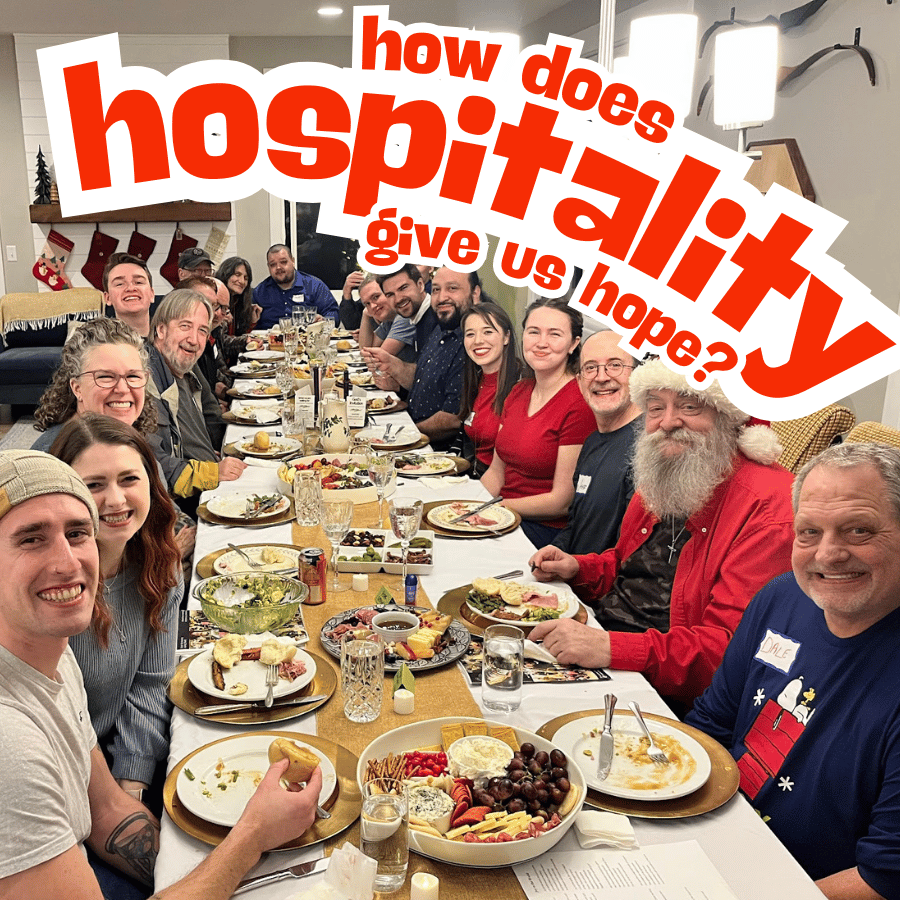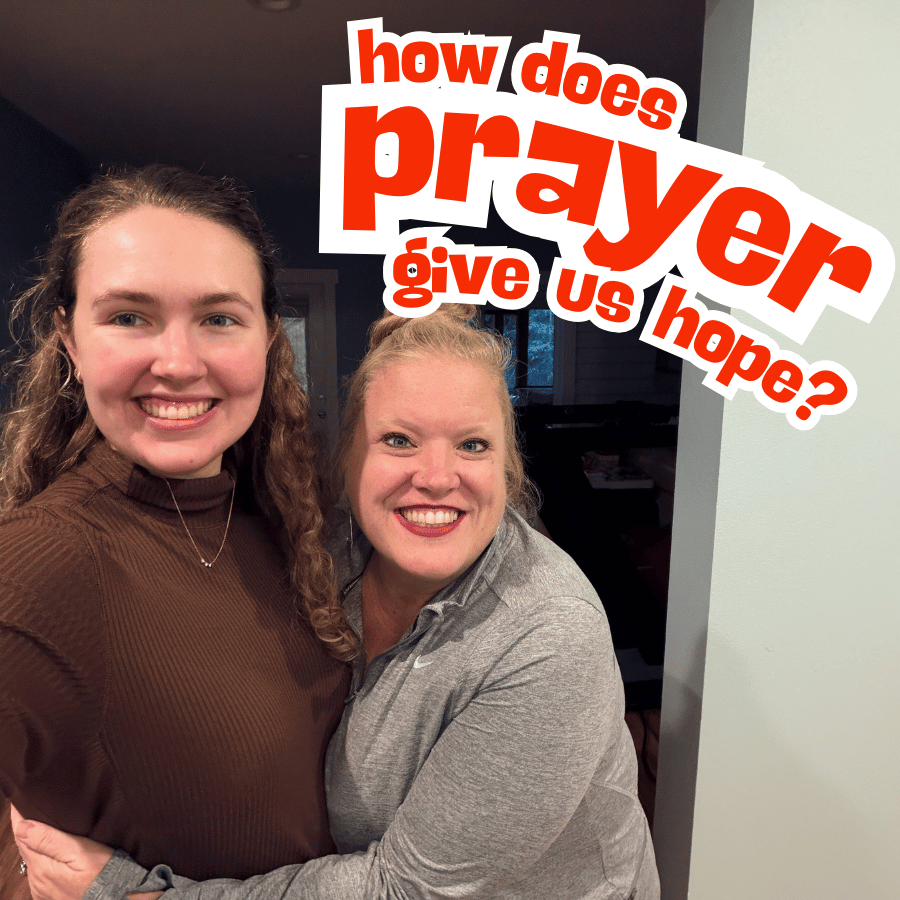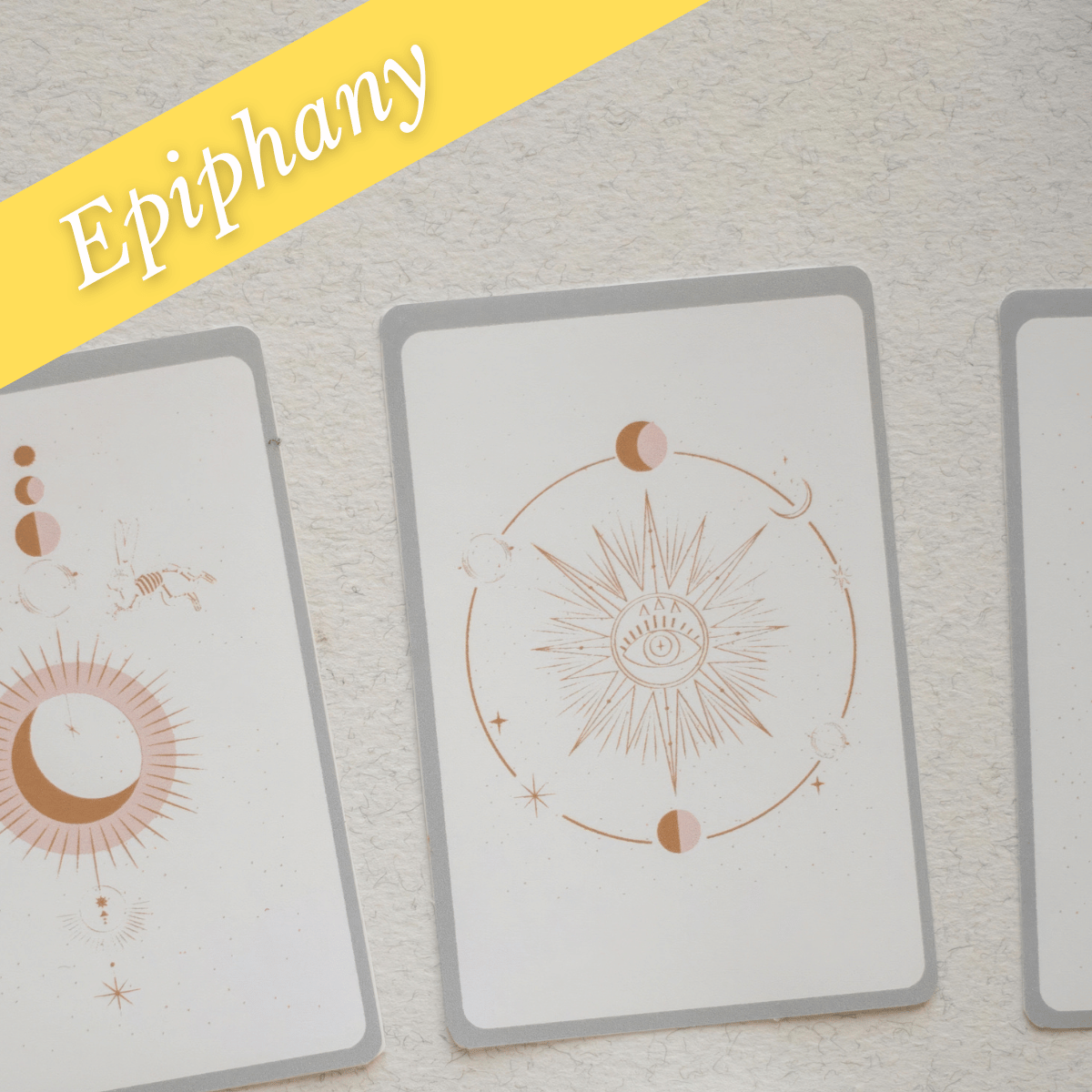Resounding Gong
Written by Emma McCoy
3 minute read
When I was having lunch with a friend the other day, she asked me the most interesting question. “What kind of weird videos show up on your social media feed?” The next twenty minutes of our conversation was spent laughing about the emo bands, sourdough moms, slime ASMR, and toddler-pageant kind of content that shows up when we scroll on Instagram or TikTok. Whether it’s competitive poker or speed rock-climbing, there are things that the algorithm thinks we like, and my friend and I had a great time talking about the way social media is tailored to us.
While it can be funny in the context of wood-soup ASMR (I kid you not, this is a real series of videos that show up on my feed), social media tailoring itself to the viewer can have predictable consequences. It looks like an echo chamber.
Human beings like to be right. Human beings like to be comfortable.
Human beings like to be with people who look like them, think like them, and talk like them.
It should come as no surprise that social media, a highly personal and customizable space, should come to look like the user. People consume the kinds of news and media that they like and already agree with, so over time, their online space becomes an echo of what they already are.
Now, this should come as no surprise, because long before the advent of social media people have been behaving this way. Tribes, countries, war, guilds, churches, charities, clubs, book clubs, etc. There are awful instances like segregation, and more benign examples like women’s conferences. They are certainly not the same, because one causes far more harm than the other, but the base instinct of wanting to be with people like you is there.
I want to make it clear that it’s not an inherently bad thing to group up.
I love hanging out with my classmates, who are other writers like me. Women’s spaces and children’s groups are good things, because having closed spaces that are designed to be safe for marginal groups are doing good things. College ministries, AA meetings, senior cruises, preschools, and other spaces with common requirements exist for good reasons. Your favorite ministry probably focuses on a single demographic, right? It’s a men’s ministry, a woman’s ministry, a kid’s/youth/college ministry, a homeless ministry, a pastor’s ministry, right? And ministries that focus on a particular demographic are still incredibly important, right?
That said, only existing in our own bubbles of culture, politics, religion, friendships, and media isn’t how we’re meant to live.
If we only ever talk, eat, and worship with people just like us, we are never going to experience the wide breadth and depth of the beautiful humanity God has created.
We will never grow, learn, and stretch ourselves, and we’ll always miss the unexpected people that God has sent to disciple us. There is so much we have to give to others, and so much we have to receive.
Like social media feeds, we approach church life like it’s customizable and designed for our tastes, interests, and convenience. I’m not talking about denominational differences or attending a church because your friend goes to it. I’m talking about the phenomenon of “church shopping” and trying out churches and leaving them just as quickly because it doesn’t match certain expectations. Church should be where we come together as a body of Christ and learn from people different from us. If God was going to design humans to be exactly like each other, I imagine that He would’ve done that.
At the risk of rambling and preaching on my little soap box, I’m going to argue that the mission of Spring Church—uncommon friendship and common discipleship—is as important now as it was in 2019.
This Pearls Before Swine cartoon was run in December 2019, around the same time as Spring Church started meeting. After the 2020 election and a global pandemic, we’re coming into the 2024 election cycle as a culture that demands we join a “team” and group up with those we agree with.
But pursuing uncommon friendship is to lean into what God is already doing in our lives—countless stories from Jesus’ time on earth illustrate how he broke down social and physical barriers to bring together people who are diverse, different, and disagreeable.
Join us this Sunday for our Common Table Gathering as we discuss where we’ve been, where we’re going, and why it matters.











3-minute read